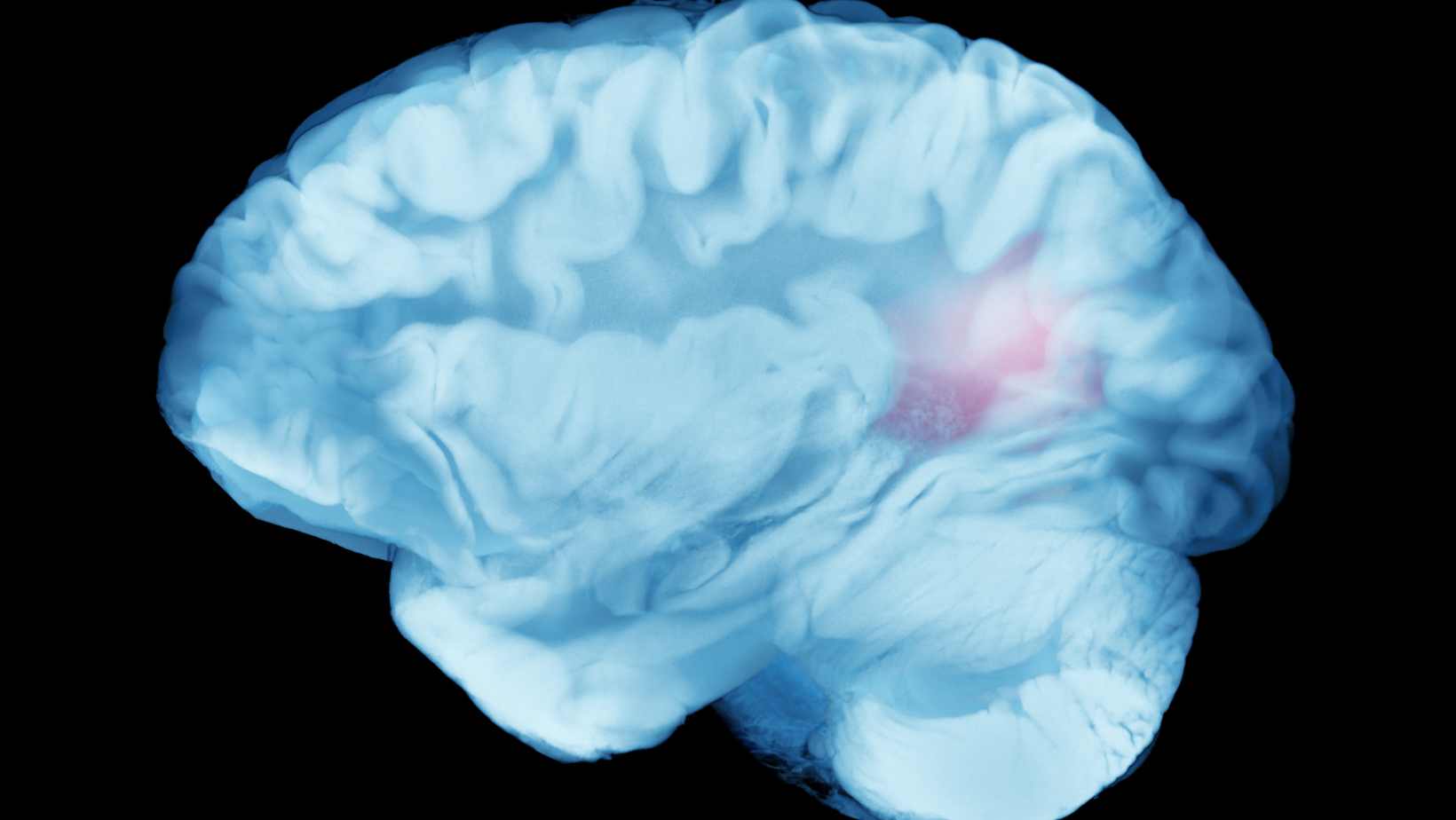Table of Contents
ToggleIntroduction
People generally have a similar reaction when a loved one is diagnosed with multiple sclerosis. What does this mean? How do I cope?
Multiple sclerosis is a chronic disease handicapping the central nervous system (including the cerebrum, optic nerves, and spinal line). Multi-zone scarring is a sign of multiple sclerosis. In Multiple Sclerosis, the immune framework goes after the myelin sheath that covers nerve filaments and causes correspondence issues between the human cerebrum and the rest of the human body. Myelin permits the nerves to direct electrical signals rapidly and productively. Myelin sheaths that deteriorate or weaken in multiple places can leave scars or sclerosis behind. Specialists call these regions lesions. As these areas of spots multiply, there are major to never fibres due to which the patient’s body can not carry out certain functions.
In the long run, the infection can cause long-lasting harm or deterioration of the nerves. Patients with Multiple Sclerosis can lose their ability to walk independently or even at all.
This illness is more often diagnosed in females than in males. Globally, the National MS Society reports more than two million patients suffering from the disease.
Even though it tends to be hard to take in right away that your loved one or someone close to you has been diagnosed with Multiple Sclerosis, you are their caretaker and have to make them realize they should continue living their life to the fullest.
As of now, there is no proven remedy for Multiple Sclerosis.
There are no particular tests for multiple sclerosis diagnosis. Diagnostic tools like spinal taps, MRIs, multiple sclerosis blood tests, or evoked potentials are often used instead.
5 ways to multiple sclerosis patient care
1. Understand that there is a great deal of vulnerability with Multiple Sclerosis
As a caregiver, you have this unpredictable illness that may affect different patients. One day your loved one who has multiple sclerosis will feel fine, and the next day, they might have various complications. The vital factor in beating this is arranging, laying out schedules, planning, and having the capacity and eagerness to be adaptable as a guardian. Even when it comes to multiple sclerosis causes and symptoms, specialists say that never make assumptions that what you read or hear about numerous sclerosis patients will also be the case for your loved ones.
2. Be consistent with your treatment.
As a general rule, the best methodology is to treat any individual with a physical, neurologic issue as a solid and free individual equipped for navigation and taking care of oneself. Doing as such for your adored one to be freer is excellent for both of you. You might have to research gears like a ramp and wheelchair. A physical advisor can come to your place to recommend explicit changes. Design your house so that it becomes easy for them to get around. In this way, they will continue to serve in the role of confidant and socially active.
3. Keep yourself updated about the disease.
Few of the symptoms are easily visible, while other changes might be felt exclusively by the individual encountering multiple sclerosis. Therefore, listening to multiple sclerosis patient stories is necessary to educate yourself about the illness. Frequently ask your loved one who has multiple sclerosis about what they are going through and what all they wish that people taking care of them might be aware of the illness. It might be impossible for you to know the exact thing somebody with multiple sclerosis is going through. However, putting forth the attempt to attempt can have an enormous effect. Also, read articles and listen to the caregivers of other multiple sclerosis patients as they are experienced.
4. Assist them with the ordinary routine stuff.
It becomes a big challenge for patients with multiple sclerosis to do basic routine stuff like strolling, utilizing the restroom, cooking, and cleaning. Most Multiple sclerosis patients can facilitate care; however, they may eventually need assistance with transportation and household upkeep. Contingent upon your loved one’s Multiple Sclerosis stages, you might need to assist with fundamental considerations like dressing them up, cooking and helping them to feed, toileting, and cleaning them from time to time. In the early stages, your loved ones might not require your assistance, but the gesture will significantly affect them. Keep them in the loop, so they know you are available if they need you in the future.
5. Always try to be adaptable and understanding.
Individuals with Multiple Sclerosis have great days and awful days, and these might even change in the middle of the day. The patients might even feel exhausted after a deep eight-hour sleep. Realizing that weariness can make it challenging for somebody you love to participate in exercises you had arranged, try to be OK if they drop on you.
Multiple Sclerosis patient care always requires being ready with a plan B if a terrible day happens.
Dr. Chandril Chugh is one of the most popular US-trained Neurologists. He has 16 years of experience in this field. He was the head of the Department of Interventional Neurology at Max Hospital, Saket, and is a prime supporter of Dr. Good Deed. He is also a member of AAN & SCCM. He is popularly known for his kindness and excellent assistance demeanor among his patients. Besides the fact that he takes incredible thought of his patient’s wellness, additionally, he is awesome to talk with at each gathering.
Conclusion
When you’re a caregiver, it’s critical to deal with yourself. Work out consistently, eat well, and get a decent night’s rest. Keep track of your and your loved one’s medical care. Always be understanding and cooperative with them, and ensure that you are always with them whenever they need assistance. Have conversations with other caregivers to gain knowledge on the illness. Your help and care are the best treatment for your loved person with multiple sclerosis.

This article is medically reviewed by Dr. Chandril Chugh, Board-Certified Neurologist, providing expert insights and reliable health information.
→ Book a consultation to discover which remedies suit your needs best.
About Author | Instagram | YouTube | Linkedin




